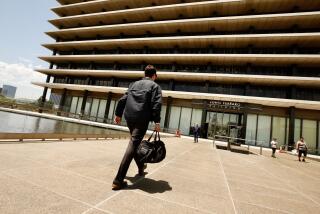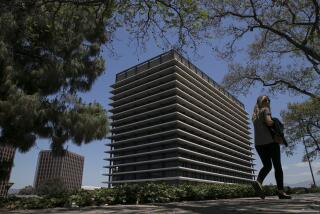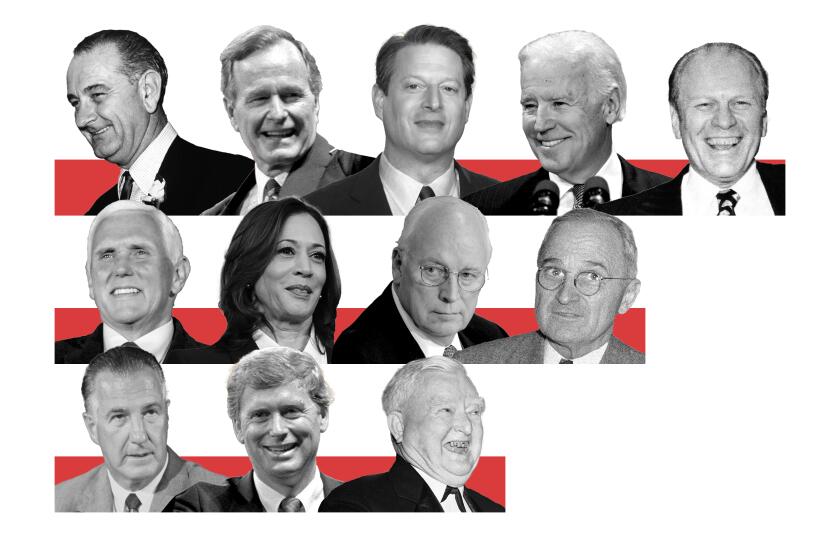Editorial: Enough meddling at the DWP
There have been at least four attempts in the last 16 years to change the Los Angeles Department of Water and Power’s governance structure to make the nation’s largest municipal utility more transparent, more businesslike and less like a political arm (or piggy bank) of City Hall. Now, make that five.
A new, in-depth analysis of the DWP’s operations found, again, that the utility is unable to do a better job delivering water and power because managers answer to multiple layers of political bosses: Mayor Eric Garcetti, his appointees on the Board of Water and Power Commissioners and the City Council. All have their own agendas and none has true accountability for getting things right. The report, commissioned by City Controller Ron Galperin, also concluded that the political leadership has put the DWP in a nearly impossible situation by setting ambitious environmental and operational goals while demanding low rates. As a result, the DWP has failed to meet those goals.
The goal should be a utility that is able to operate efficiently for the good of the ratepayers, with less meddling from City Hall.
A case in point: The water rate increase being considered Tuesday by the Board of Water and Power Commissioners isn’t large enough to fix the city’s aging pipes and water infrastructure. The report said one of the key objectives in developing the proposal, which would raise water rates an average of 4.7% annually over five years, was to keep bills as low as possible while providing “acceptable system reliability” in the short term. But this hurts customers in the long run because it creates a growing backlog of repairs, which means more leaks (such as the main line break that created a geyser on Sunset Boulevard last year), more expensive repairs and, eventually, even larger rate hikes.
Previous charter reform movements gave more authority over the DWP to elected officials because they answer to ratepayers at the ballot box. However, politicians have chosen to placate demands for comparatively cheap water and power, rather than thinking about the long-term sustainability of the agency. This approach will ultimately cost ratepayers, especially as the DWP has to overhaul its water and electrical systems to deal with climate change. The problems include chronic underinvestment in infrastructure and customer systems (the billing fiasco in 2013 came as the utility tried to upgrade a 40-year computer system 20 years too late); frequent turnover in general managers — nine in 15 years — which makes internal reform difficult; Byzantine City Hall processes that make it impossible to hire an employee or award a contract in less than a year; and the entrenched power of the DWP employees union, which has gained disproportionate say over the utility’s operations by bankrolling City Council members’ and mayoral candidates’ campaigns.
Governance reform is complicated, both politically and technically. City Hall is loath to relinquish authority over the utility. Any significant change to the DWP’s management structure will require amending the city charter and a vote of the people. The controller’s report offers a path forward: convening a committee of experts to recommend solutions to the DWP’s governance problems and take them to voters in 2017. The goal should be a utility that is able to operate efficiently for the good of the ratepayers, with less meddling from City Hall. Garcetti and the City Council shouldn’t let another study sit on a shelf. Ratepayers deserve a commitment to governance reform.
Follow the Opinion section on Twitter @latimesopinion and Facebook
More to Read
A cure for the common opinion
Get thought-provoking perspectives with our weekly newsletter.
You may occasionally receive promotional content from the Los Angeles Times.










